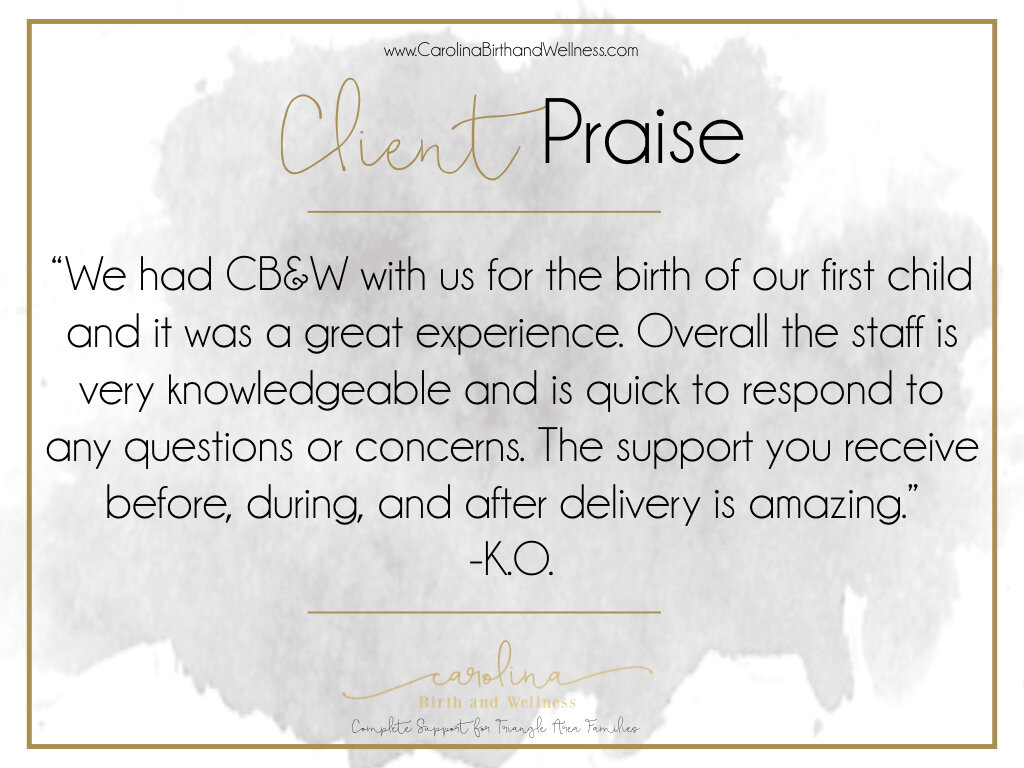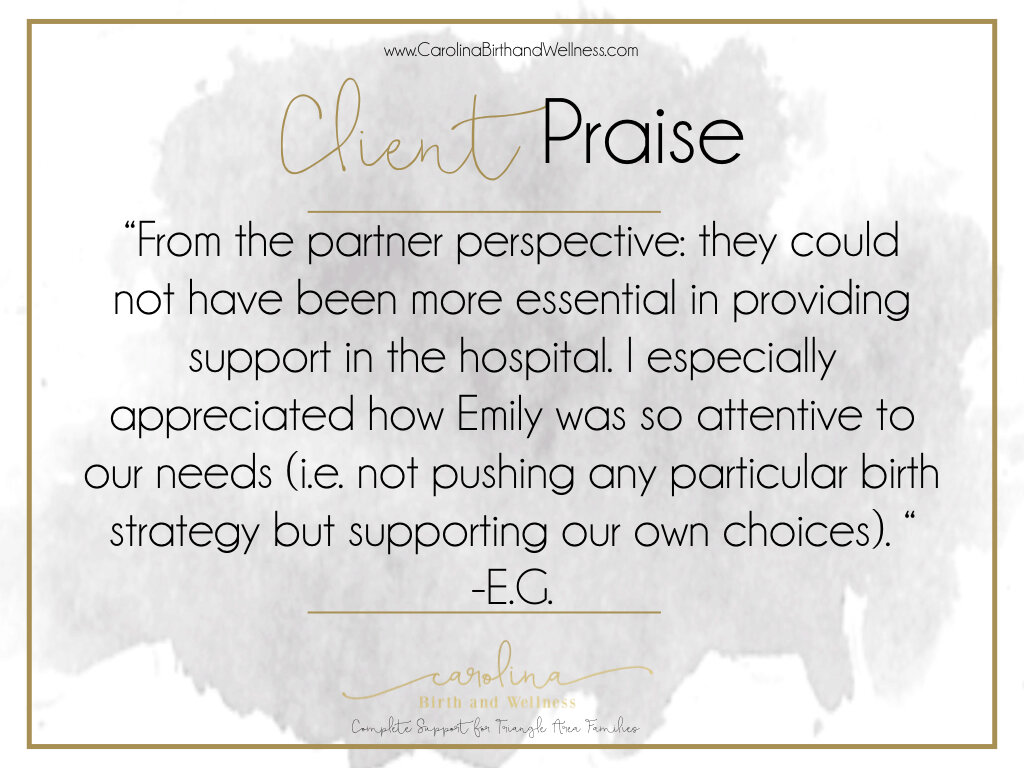Though alcohol and drugs are sometimes deemed socially acceptable in certain environments, addiction and abuse can have detrimental effects on the human body, especially during pregnancy.
Even if illegal drug addiction is not the issue at hand, over-the counter and prescribed medications, tobacco or a mixed cocktail at dinner could adversely affect the development of the fetus.
A woman’s body naturally changes throughout pregnancy. Hormones run wild, morning sickness is a constant companion, the physique and waistline change as the fetus gets comfortable in the belly and many more unexpected physical, mental and emotional adjustments occur. When alcohol and drugs are added to the equation, the growing baby may endure the consequences from development into childhood, and possibly for a lifetime. Despite the risks, more than 50% of pregnant women take over-the-counter and prescription drugs, illegal drugs, tobacco and/or alcohol during their pregnancy.
When The Problem Extends Beyond the Buzz and High
The fetal blood vessels contain hairlike sensors that extend into the uterine wall. The mother’s and fetus’s blood are separated only by a thin membrane. Food and oxygen pass through this membrane to provide nourishment from mother to baby. Unfortunately, drugs also follow this path and directly target the fetus.
Depending on the type of substance, the baby could be born with birth defects, exhibit behavioral problems throughout childhood, be born prematurely, be born addicted to the drug themselves or be a candidate for addiction in adolescence and adulthood.
The fetus relies on the mother for nutrients and nourishment. The same way that oxygen and food are absorbed into the placenta, drugs can do the same. There are various ways the baby is physically affected. Drugs may:
Directly impact the fetus by causing physical damage, birth defects, abnormal development, or death.
Alter the placenta’s function by constricting blood vessels and reducing oxygen and nutrient flow to the fetus.
Cause the uterus muscles to forcefully tighten, triggering premature labor and dangerous delivery.
The Road to Recovery
Recovering from a substance abuse addiction requires a lifelong commitment. Substance abuse isn’t always screened by physicians because many assume women are drug-free by the time they are pregnant, and the mother may feel ashamed to seek help.
Drug users often suffer from mental health problems or have a history of past abuse, including sexual and domestic. Receiving treatment for substance abuse while pregnant usually includes treatment for other forms of abuse, a process handled and understood by addiction treatment centers.
Making a real-life change is difficult unless addressed head-on and with the right support. Old routines and addict friends may encourage relapse, which is why it’s important to establish new habits and forms of coping. Talking to a counselor, seeking additional therapy, joining a support group and being open with close friends and family can increase the chances of achieving long-term sobriety.
No parent is perfect. The creation of life is a miracle in and of itself, emphasizing the importance of prioritizing the baby’s wellbeing. Addiction is a destructive disease that requires help to beat. Learn more about pregnancy and addiction with our resource.
Author bio: Tammy Cate is the founder and CEO of Transformations By The Gulf, a leading drug rehab facility. Cate is passionate about helping others lead a sober and fulfilling life. She maintains a hands-on rapport with staff and residents to ensure everyone is able to receive an individualized experience.









